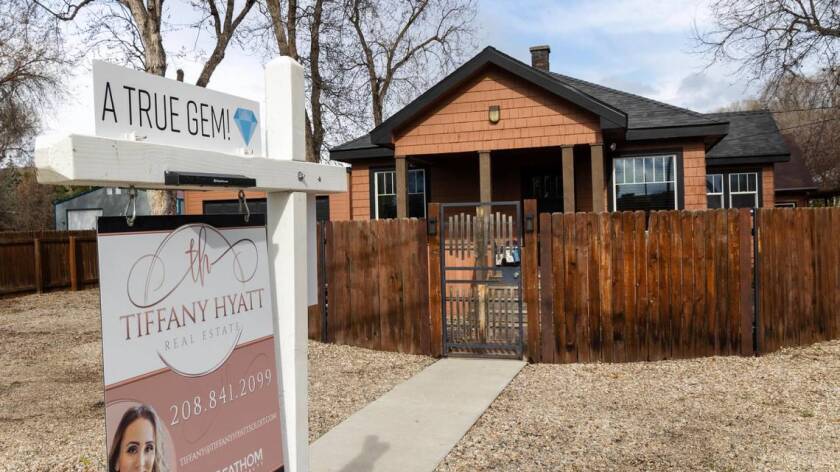In Brief:
Property taxes have never been popular. They’re paid out in large chunks and people resent having to keep paying large sums for houses they already own. They’re especially unpopular right now, with rising home values leading to bigger tax bills after renewed assessments.
Two states are seeing efforts to abolish property taxes entirely, with Michigan’s AxMiTax and North Dakota’s “End Unfair Property Tax” both sponsoring ballot measures this year. These groups express the belief that their respective states are spending too much and don’t need to collect property taxes. Proponents of these ballot measures suggest that states and localities should replace property taxes entirely with other forms of revenue such as increased sales taxes.
In North Dakota, former GOP state Rep. Rick Becker chairs the ballot initiative’s sponsoring committee, which last month turned in more than the required number of signatures to qualify for the ballot. He argues that property taxes should be abolished because “personal freedom and property are completely linked.” In the first of a six-part video series explaining the ballot measure to North Dakotans, Becker asks viewers, “Do you really own your property if government can come in and take it from you?”
But critics say that abolishing property taxes altogether is a step way too far. The North Dakota measure calls for legislators to make up for lost revenue, but offers no guidelines for how they’re supposed to find $1.3 billion worth of cuts or increases to other forms of taxation. “Our coalition’s not coming together to say that property taxes are perfect, and nothing should be done,” says Chad Oban, who chairs Keep It Local, a group opposing the measure. “Our coalition is basically saying this isn’t a solution.”
The Importance of Property Taxes
The most famous ballot initiative of modern times is Proposition 13, which California voters approved back in 1978. That helped trigger an anti-tax movement across the country. Its limitations on tax increases continues to have effects on finances for the state and local governments, although it remains largely popular with the public.
Most of the measures proposed this year don’t attempt to abolish property taxes entirely. Instead, they seek to ease the burden on homeowners. A proposed measure in Kentucky would prevent homeowners who are 65 or older from having to pay property taxes.
Virginia has a ballot measure providing greater property tax exemptions for more veterans, and Colorado voters might see a similar initiative. New Mexico is already one of at least 34 states with a total property exemption for veterans with a 100 percent permanent disability, but voters there will see two different property tax measures related to veterans and their survivors.
The first applies to all disabled veterans and their widows or widowers, with the exemption amount based on the veteran’s federal disability rating. The second is an amendment that would apply to all honorably discharged veterans and their widows or widowers, increasing their property tax exemption to $10,000, which would be adjusted for inflation.
Florida and Colorado will each see measures to limit property taxes based on inflation and home values. Florida’s measure would reduce the taxable value of a property, while also providing annual adjustments for inflation. In Colorado, an additional measure would cap property tax revenue growth at 4 percent.












